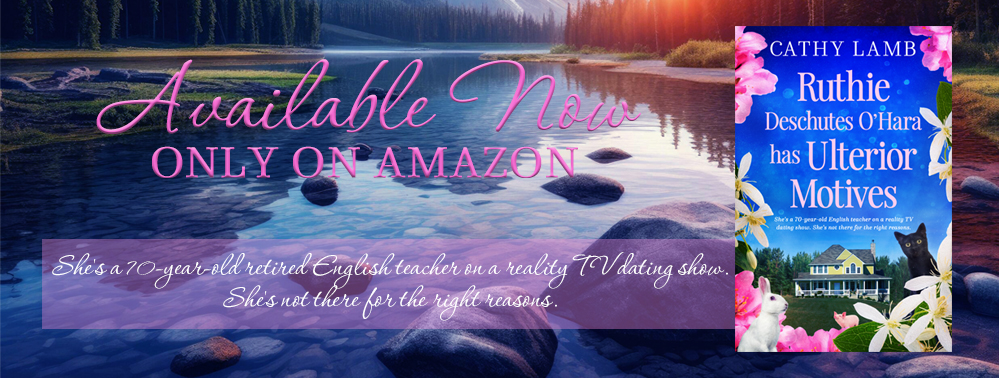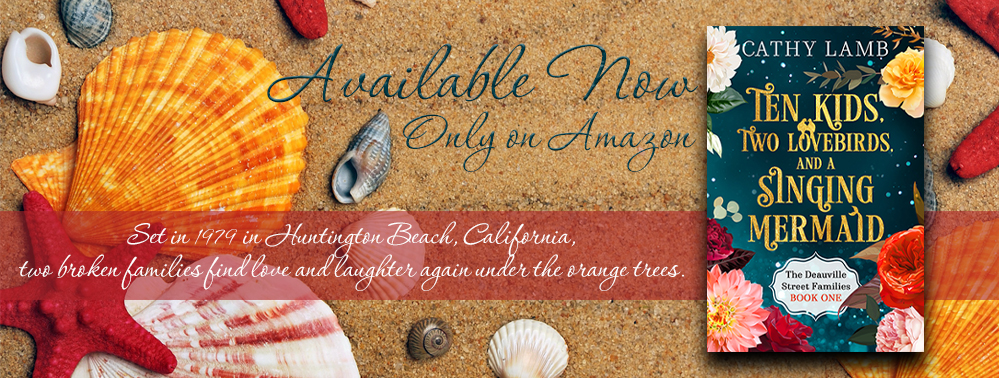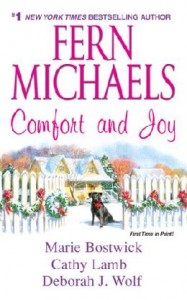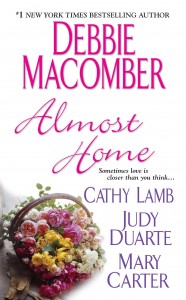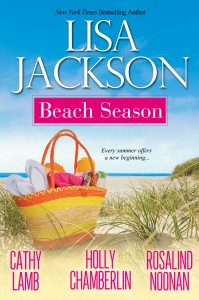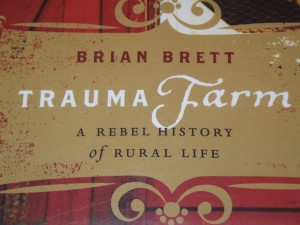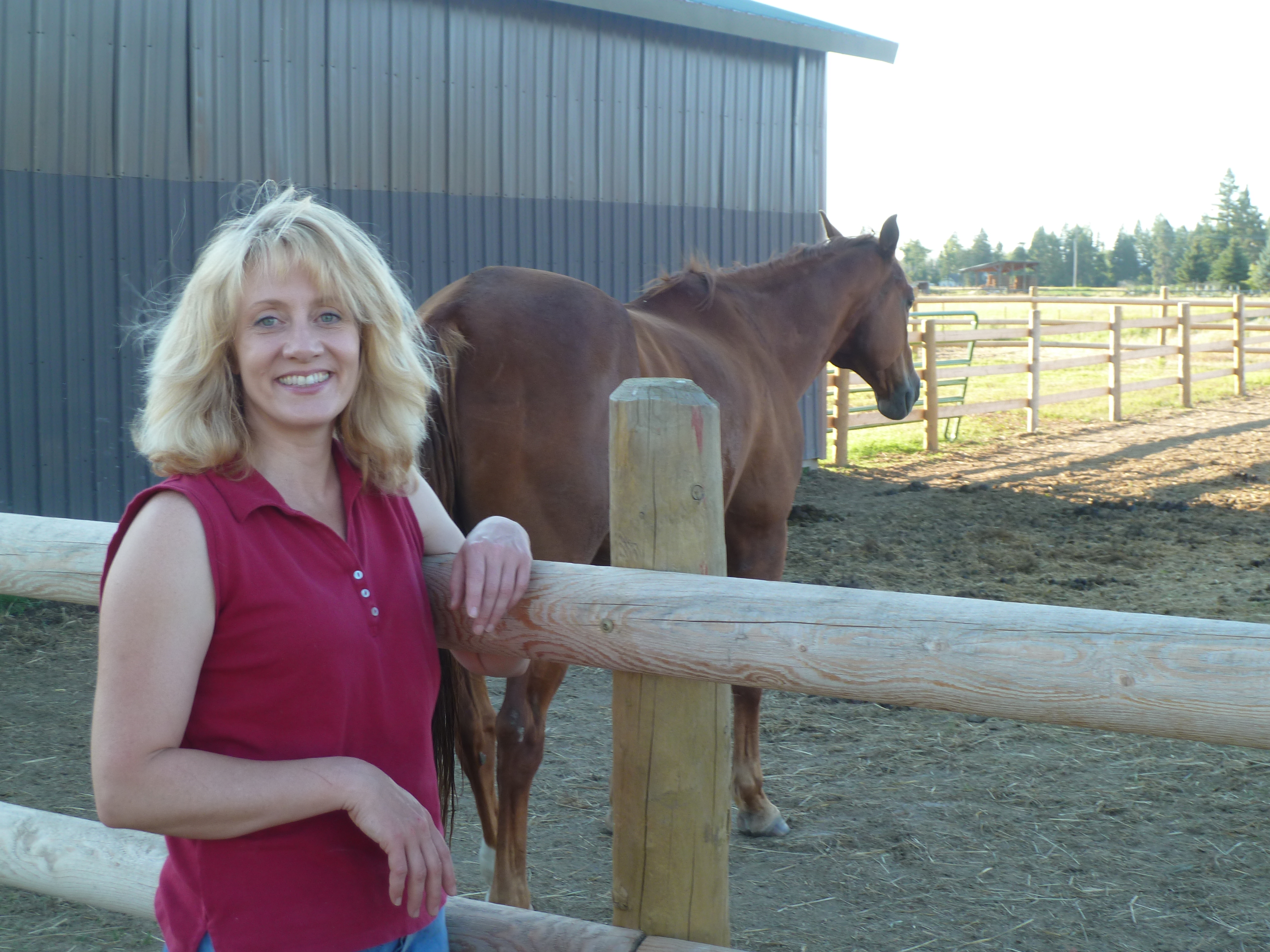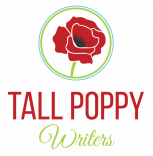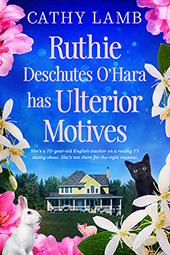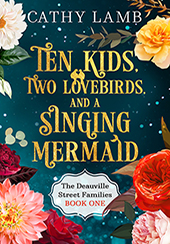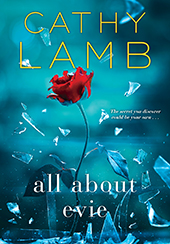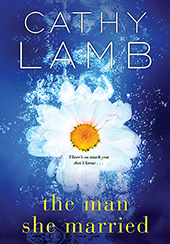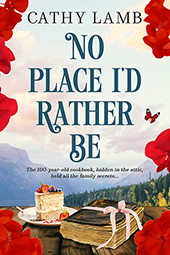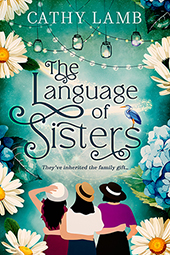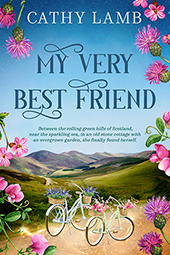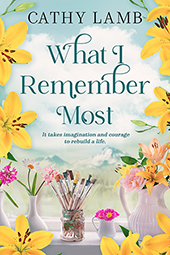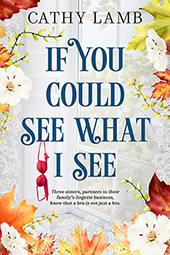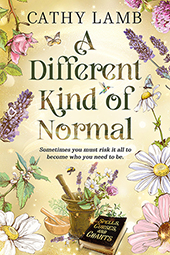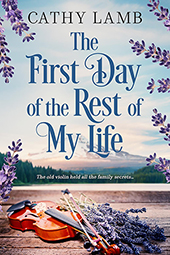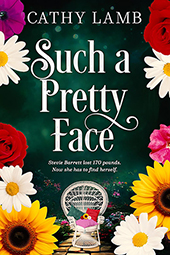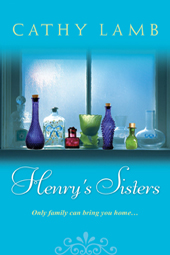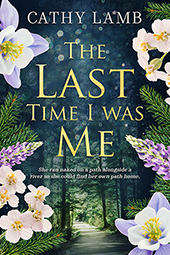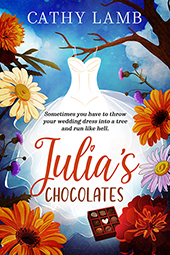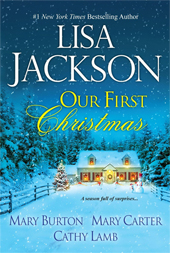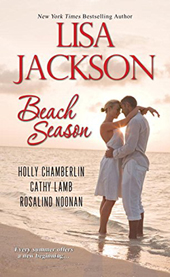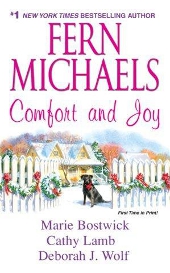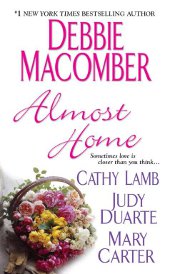Blunt Advice If You Want To Be A Writer
I go to a lot of book groups/give speeches and I am often asked about advice I would give to people who want to become writers.
Here are a few thoughts, some of them quite blunt. Blame it on my being up until 430 in the morning working so I am feeling particularly edgy.
First off, ask yourself if you REALLY want to be a writer. This is important. If you simply like to write, you like your journals, scribbling out scenes or characters or starting stories and you have some vague and whispy notion that it would be fun to be a published writer some day with a cool writing cottage on an island, you will – and yes, scream at me now – probably never publish.
Why? Because you have to work your you – know – what – off to be a published writer. You always have to work hard and the competition is unbelievably stiff. Agents and publishing houses are buried in manuscripts. Buried. Many feet high. And there are many talented writers who are in the midst of that stack.
Even published writers lose contracts every single day. You have to come up with something new that publishers believe will sell. It’s a business and they need to make money off your work or they have no business.
Dig deep. Are you willing and able at this time to work hard? Are you willing to sweat this whole thing out? Are you truly willing to commit?
Do you want to be a writer more than you, professionally, want to be anything else? Will you feel unfufilled and unsuccessful if you don’t become a writer? If yes, then carry on. If no…well, I think you have some more thinking to do about your plans. “Wanting to be a writer,” and “working to be a writer,” are two totally different things. There is nothing wrong with writing all the time for pleasure, for laughter, as a creative outlet, and for self growth. Nothing. It’s a gift, in fact.
I personally would rather lose my left leg than not be a writer. I have felt like that since I was sixteen years old. That’s how bad I have always wanted to write. I lived off 6 – 6.5 hours of sleep for many, many years. In fact, it’s really only since the END of 2011 that I have started sleeping more like a normal person on a regular basis. I wrote late, late at night, after jobs and kids, that’s when I had the time.
If you believe you want to be a writer more than anything but you use the excuse, “I don’t have time to write,” you are essentially saying that you don’t want to become a writer that bad. And that’s perfectly fine. I’m not critcizing it. I’m simply saying that that excuse doesn’t work.
There are tons of true stories of doctors, lawyers, and mothers with many children who found the time in their insanely busy schedules to write books. There are people working full time jobs, with children, who write and publish. Eke out time in the morning, at lunch, late at night. Plot when you’re driving a car pool. Edit when you sneak fifteen minutes away from work. Those who truly want to become a writer will find the time. Again, ask yourself, how bad do you want this? What are you willing to sacrifice?
You must set goals and keep them. My goals when I’m writing the first draft of a book is to write 2000 words a day, 10,000 a week or I don’t go to bed on Saturday night. When I’m editing I count out a certain amount of pages I must edit that day. I can’t tell you how often I have wanted to cry, or have cried, meeting those goals. It is sometimes so frustrating I want to pull my own hair.
But you have to do it. Goal set and come hell or high water, meet the goals. I guarantee you that hell will come, and so will high water.
During every single book I have ever written something haywire has gone wrong with my life. Every book. I stayed with it. Some of that stuff has been very bad – as in, people I have loved have sickened and died and I thought the grief was going to kill me. When your life goes sideways you must be willing to continue writing, even if you’re crying over the damn keyboard.
Get this one to your core: Rejections are a part of this business. Can you handle them and move forward? Rejections are brutal. You create something, write something you like and believe in and you think it’s really good, and no agent, no publishing house wants it. I get it. I’ve been there. You want to bang your head against a redwood tree.
But if you are not willing to take the rejections on, read them, learn from then, then kick some butt and pound out something else on your lap top, or revise what you have, save yourself the pain of trying to publish. If you get bent out of shape by criticism or refuse to learn from it, if you’re blinded by your own self-perceived brilliance, you are not going to learn about what you need to improve or change.
When you are a published writer, criticism comes hard, fast, and public. It will often sound harshly personal. If you do not have a thick skin, if you do not believe in yourself , if you do not have a pretty healthy confidence level, if your panties get in a twist when someone doesn’t like something you produce, this career is not for you. I love learning from constructive criticism. The rest of it I flip over my shoulder and don’t think about.
Know when to change genres. I tried writing category romance for years. No go. I should have quit years before I did. I didn’t want to be a quitter, that was not in my DNA. I kept getting closer and closer to publishing, the editors kept asking for more and more of my work and then…rejection. Pick a genre you love. Write like a fiend and edit the heck out of it. Send out your work to agents or, if it’s category romance, to the publishers.
But don’t be like me. If you keep getting rejected, try another genre completely. Read and study in that genre. Had I stuck with trying to get published with Harlequin Mills and Boon in London I never would have published. Never.
It is not quitting to try a different genre, it’s being realistic about your skills. I sucked at writing category romance for Mills and Boon. I should have recognized that sooner. I was an idiot.
Go to writing classes. You’ll probably like the teacher and meet new, cool people who have the same goal as you – publishing. I’ve never been to a writing conference, but they sound like fun. Go if it interests you. Read motivating and fun writing books on how to write by Stephen King, Annie Lamott, Julia Cameron, Natalie Goldberg and Jessica Morrell. Read about writers and hear their journeys. Buy writers magazines. Buy journals. It all helps to keep the enthusiasm up.
This next statement will not be popular. A woman wrote a story she told me about recently. She said she gave it to her family and friends, six of them, and they all LOVED it. She asked what I thought of that.
I told her I thought zero of it. I know, I am so mean.
It’s the truth, though. Your friends and family may love what you write. You MAY have a bestseller on your hands. However, they may not like it, but they tell you it’s great, and they are lying through their teeth so they don’t hurt your tender feelings. Or, they may love you so much they would love it if you wrote a story about how you watched dandelions grow.
Get real advice and input about your work from a professional editor that you hire who doesn’t love or like or dislike you and she’ll tell you the truth.
I hired the writer/editor Jessica Morrell years ago. She shredded my work to bits. I am still thankful to her for it. I would never have gotten better without her constructive/brutal criticism.
You should be writing all the time. You should be reading all the time. Immerse yourself in reading excellent books and writing regularly. Do not read crap.
Study what you read. Ask yourself why you like the book or why you don’t. Ask yourself how the author created such an outstanding voice. Break apart the pacing. Why was it just perfect or…too slow? Why did you love the characters? Why did you relate to them? What about the setting? How did that help the story? What kept you reading?
You should not give up on your work when things get hard. One woman said to me recently that when things got hard for her in her story, she’d quit and start writing another story. That is an excellent way to spin your wheels your whole life and not ever get published.
I hit that hard point with my writing every single day. Every single day I run into a problem. I work it through. I write it through. I swear and get pissed. It’s how it is. Work through the swearing and being pissed off.
Again, how bad do you want to be a writer?
There’s a whole bunch more I could write here, but it’s late at night, again, and I bought chocolate chip cookies today and I’m going to eat them now.

